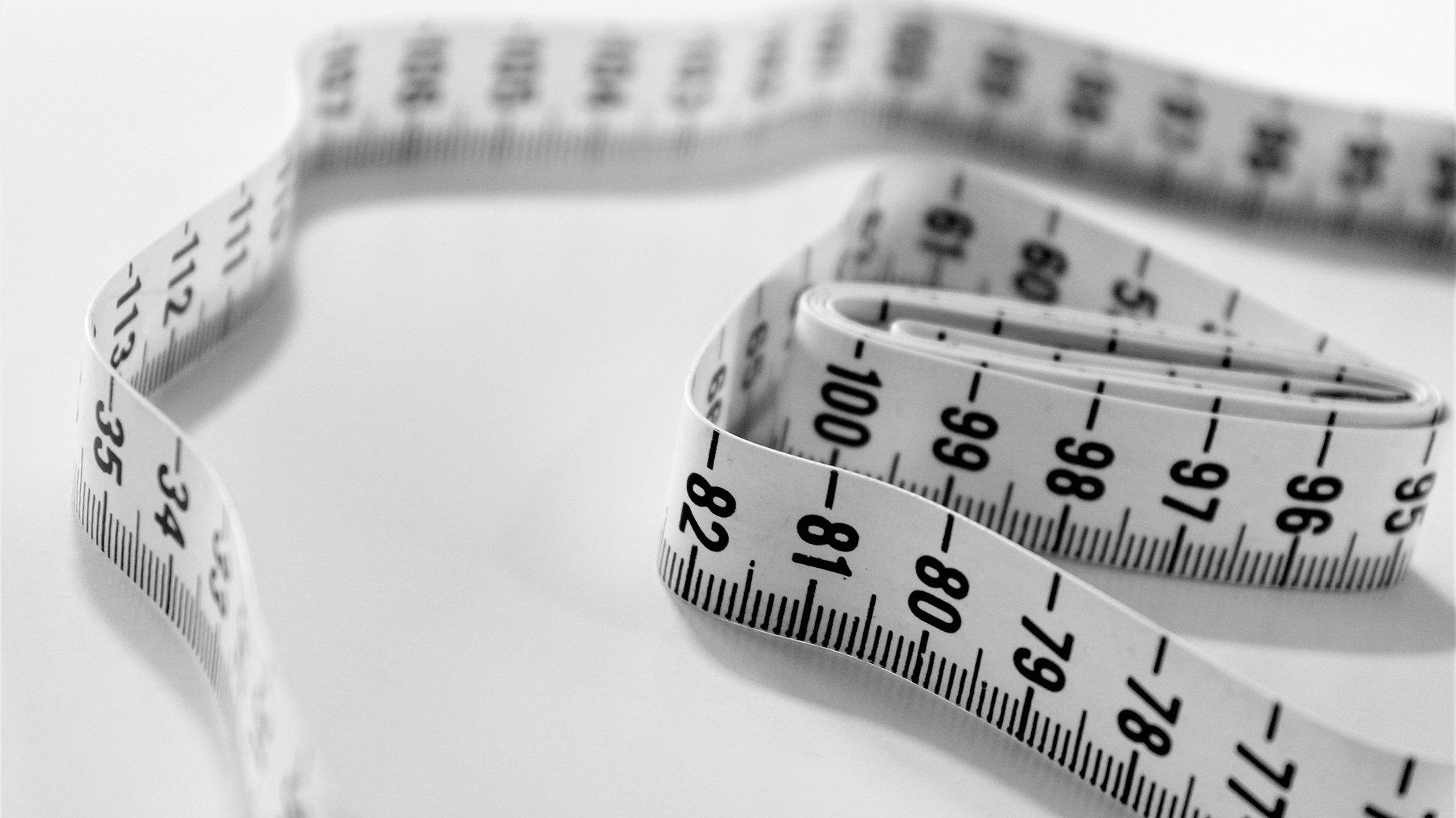Obesity has a significant negative impact on quality of life (QoL) and perceived physical and psychological working ability. This summarizes the first results of the FinWeight study, conducted by MedEngine and recently published in Finnish Medical Journal. The FinWeight study is the first to characterize QoL, working ability, and work absence in the general adult population of Finland.
The increasing prevalence of obesity is a global public health and economic concern. In addition to presenting a significant risk for an individual’s physical health, obesity has negative implications for psychological health, social well-being, and functional ability. In Finland, three in four men and two in three women 30 years of age or older were overweight (body mass index, BMI ≥25 kg/m2), and one in four adults 30 years of age or older lived with obesity (BMI ≥30 kg/m2) in 2017.
The aim of the FinWeight study was to examine the association of obesity with QoL (assessed using validated EUROHIS-QOL 8 measure), perceived working ability, and work absence in the general adult population of Finland. The cross-sectional study was based on the population-based FinHealth 2017 cohort by the Finnish Institute for Health and Welfare (THL), including 4,956 adults.
The FinWeight study showed that compared to individuals with normal BMI (18.5–24.9 kg/m2), individuals with obesity had significantly lower QoL assessed using EUROHIS-QOL 8 total score. Notably, individuals with obesity rated their QoL lower than individuals with normal BMI in seven of the eight EUROHIS-QOL 8 components. Of individuals with obesity, 67–69% rated their overall QoL as good or very good compared to 82% of individuals with normal BMI. Individuals with obesity were also consistently less satisfied with themselves, their daily life energy, general health, and their ability to perform daily activities compared to individuals with normal BMI.
A lesser proportion of individuals with obesity (53–73%) rated their current physical working ability as very or fairly good compared to individuals with normal BMI (90%). Psychological working ability was rated as very or fairly good by 71–75% of individuals with obesity compared to 85% of individuals with normal BMI. Individuals with obesity also reported more days of sick leave during the past 12 months than individuals with normal BMI.
The results of the study indicate that obesity is negatively associated with an individual’s perceptions on broad aspects of health and working ability. Detailed understanding of the holistic impact of obesity on health and well-being, as well as characterizing underlying factors, plays a critical role in developing future obesity care. The findings highlight the need for primary prevention of obesity as well as the need to perceive and treat obesity as a disease. The aim of obesity treatment should not only be to prevent comorbidities, but also to improve QoL and functional capacity. Multidisciplinary approaches, open discussion, and reducing public stigma are required to tackle the increasing burden of obesity.
MedEngine conducted the study in collaboration with experts from the Finnish Institute for Health and Welfare, THL Biobank, University of Helsinki, and Novo Nordisk.
Reference:
Vesikansa A, Jokelainen J, Mehtälä J, Mutanen K, Lundqvist A, Laatikainen T, Ylisaukko-oja T, Saukkonen T, Pietiläinen K. Lihavuuden yhteys elämänlaatuun ja työkykyyn suomalaisessa aikuisväestössä. Suomen Lääkärilehti 2020;45:2377–2384. Suomen Lääkärilehti 2020;45:2377–2384.




